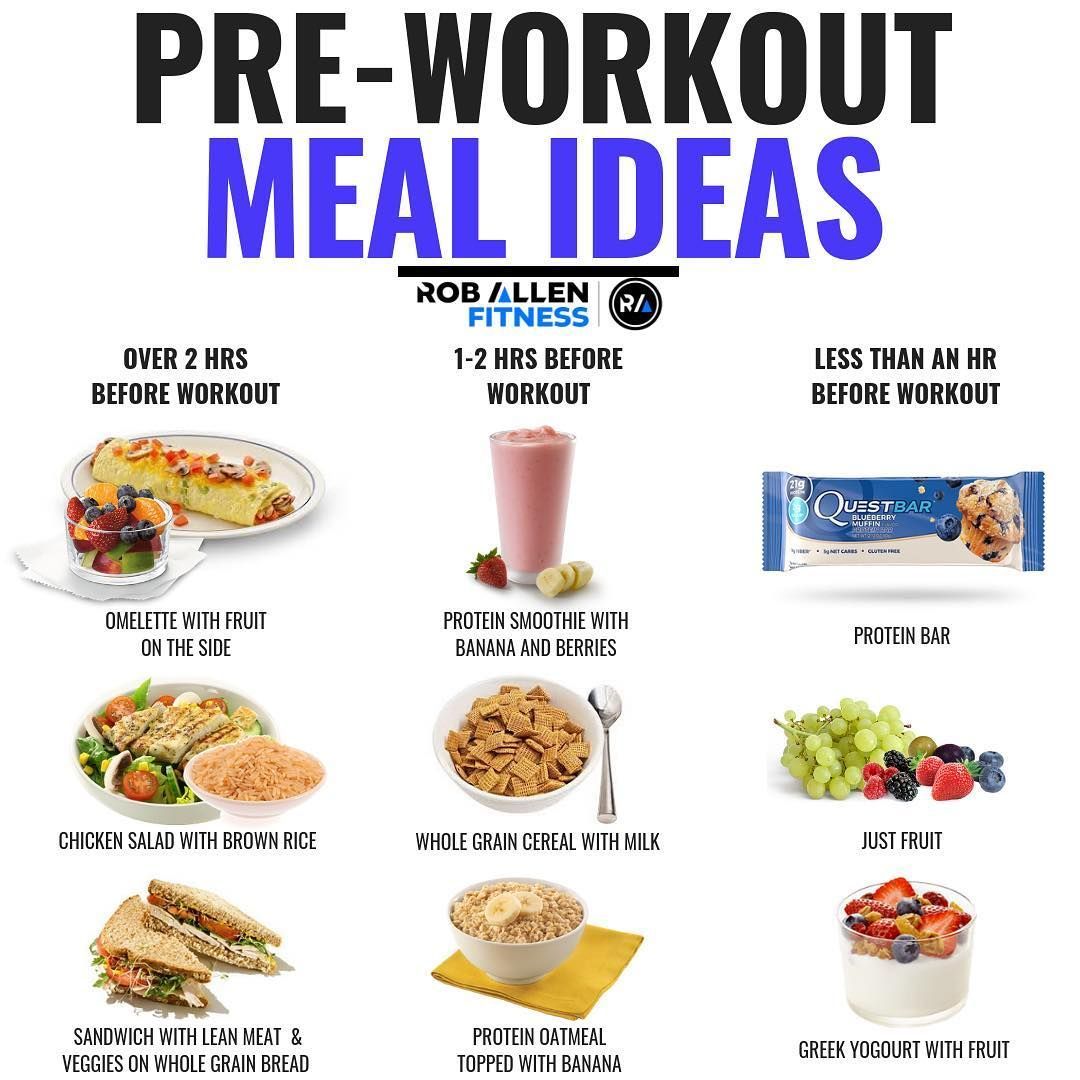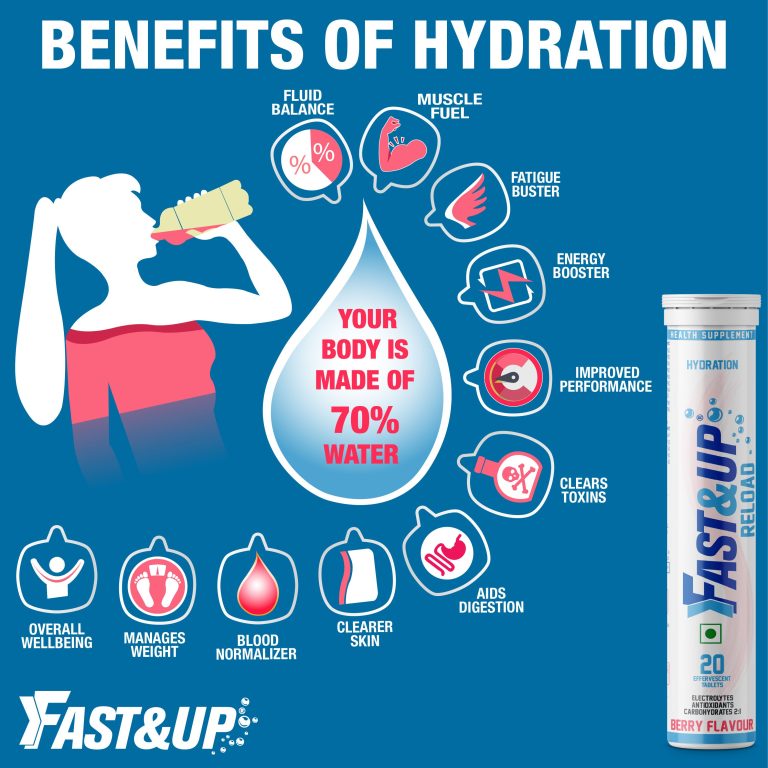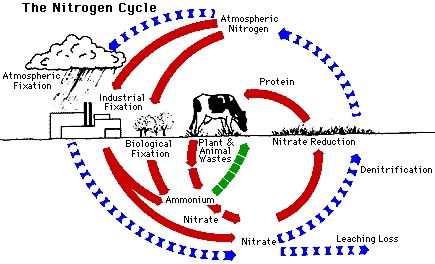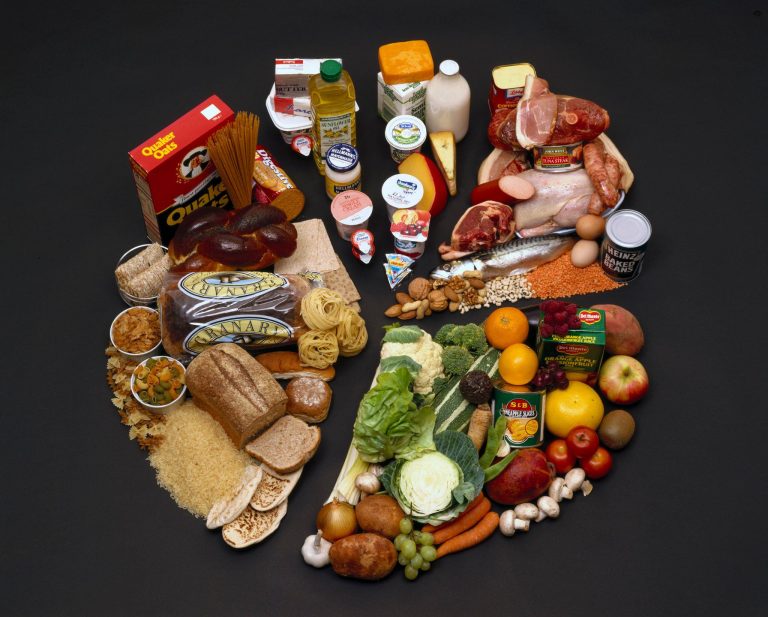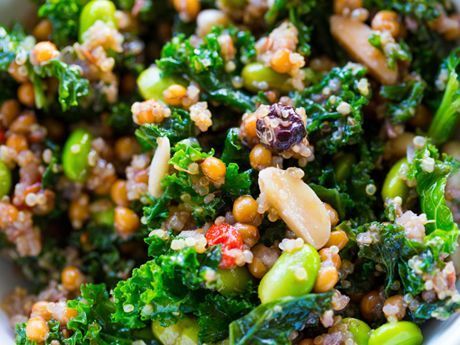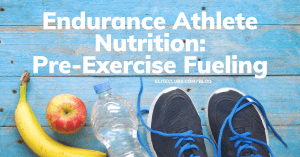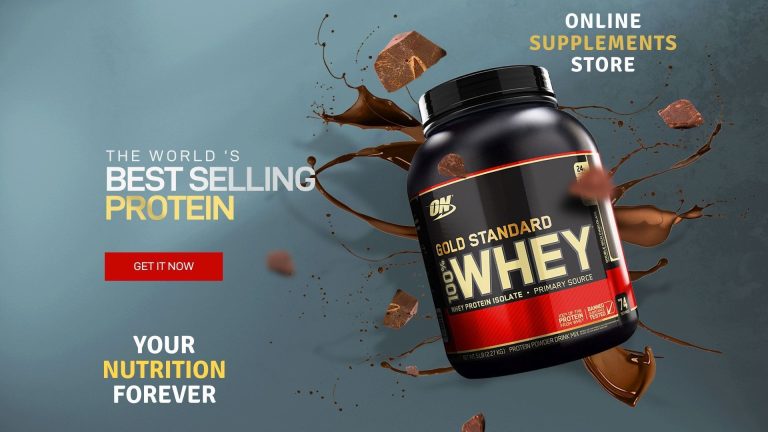When it comes to optimizing performance and getting the most out of your workouts, proper nutrition plays a crucial role. Here are some pre-workout nutrition tips to help you fuel your body for success:
1. Timing is Key
It’s important to time your pre-workout meal or snack correctly to ensure that you have enough energy during your workout. Ideally, you should consume a balanced meal containing carbohydrates, protein, and healthy fats about 2-3 hours before exercising. This allows enough time for digestion and absorption, providing a steady release of energy.
If you prefer a smaller meal or snack closer to your workout, aim to have it about 30 minutes to an hour before exercising. This should be a lighter option that is easily digestible, such as a banana with nut butter or a protein shake.
2. Carbohydrates for Energy
Carbohydrates are your body’s primary source of energy during exercise. Including a moderate amount of carbohydrates in your pre-workout meal or snack can help fuel your muscles and prevent early fatigue.
Opt for complex carbohydrates like whole grains, fruits, and vegetables rather than refined sugars, as they provide a slower and more sustained release of energy. Good options include oatmeal, brown rice, sweet potatoes, and quinoa.
3. Protein for Muscles
Incorporating protein into your pre-workout nutrition is essential for muscle repair and growth. Consuming protein before your workout can help prevent muscle breakdown and improve recovery.
Include lean sources of protein such as chicken, turkey, fish, tofu, or Greek yogurt in your pre-workout meal. If you prefer a snack, consider a protein shake or a handful of nuts.
4. Hydration is Key
Proper hydration is often overlooked but is crucial for optimal performance. Before hitting the gym, make sure you are well-hydrated by drinking enough water throughout the day.
On top of regular water intake, you might consider including some electrolytes to replenish your body’s mineral balance. Coconut water or a sports drink can be good options, especially if you’re engaging in intense workouts.
5. Avoid Heavy & Fatty Meals
While it’s important to have a balanced meal, it’s best to avoid heavy and fatty foods right before your workout. These can cause discomfort and make you feel sluggish during exercise.
High-fat foods take longer to digest, diverting blood flow away from your muscles and towards the digestive system. This can hinder performance and cause stomach discomfort.
6. Consider Caffeine
Caffeine is a well-known stimulant that can boost your energy and enhance exercise performance. It can increase alertness, reduce fatigue, and improve focus.
However, it’s important to consume caffeine sensibly and consider your tolerance levels. Too much caffeine can lead to jitters, nervousness, and even disrupted sleep patterns. If you choose to include caffeine before your workout, opt for natural sources like black coffee or green tea.
7. Listen to Your Body
Everyone is different, and what works for one person may not work for another. It’s essential to listen to your body and experiment with different pre-workout nutrition strategies to find what suits you best.
Pay attention to how different foods make you feel during your workout. This will help you identify which combinations give you the most energy and which may cause discomfort or sluggishness.
Conclusion
Proper pre-workout nutrition can make a significant difference in your exercise performance and overall results. By timing your meals correctly, focusing on carbohydrates and protein, staying hydrated, avoiding heavy meals, considering caffeine, and listening to your body, you can optimize your workout sessions and fuel your body for success.
